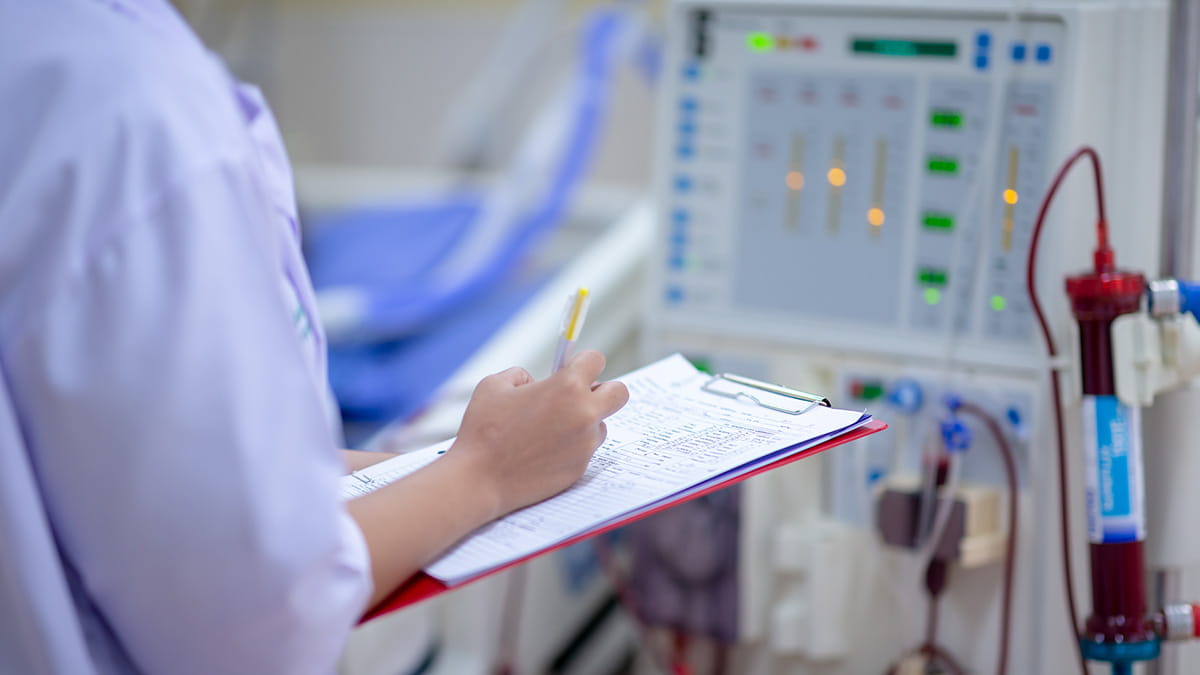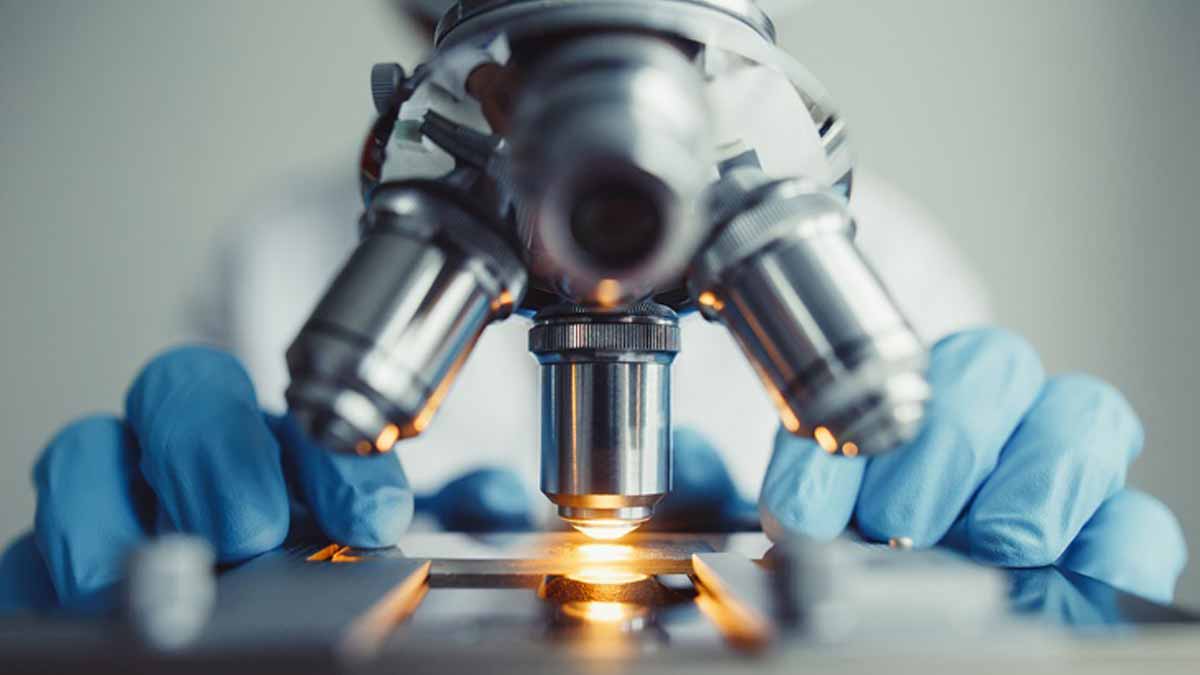Ohio State researchers are working with a novel cell therapy to prevent kidney transplant failure
A team of investigators in Clinical Transplantation, Transplant Immunology, Tissue Engineering Microsurgery and Kidney Histopathology at The Ohio State University College of Medicine is hoping to determine if a novel cell therapy will advance the prevention of kidney failure in patients who have undergone kidney transplantation.
The novel cell used in the therapy is a regulatory CD8+ T cell that the team discovered,with the ability to suppress the production of alloantibodies (abbreviated CD8+ TAb-suppcells), the body’s immune response to fight foreign antigens from the transplant. This immune response is known as antibody-mediated rejection (AMR), a leading cause of organ transplant failure.
Led by professor of Transplant Surgery, Ginny Bumgardner, MD, PhD, the team hopes to determine if the CD8+ TAb-supp cells will suppress the development of the alloantibody using a murine model of kidney transplant that reproduces the histopathology of AMR observed in human kidney transplant recipients. The team is also testing the use of these cells as an adoptive cellular therapy to treat AMR and prolong kidney transplant function and survival.
Failure Among Success
Despite recent successes in transplantation, kidney transplant failure continues to affect large numbers of transplant patients. According to the National Kidney Foundation, 7% of all kidney transplant recipients (approximately 3,000 patients in the United States) experience graft failure within one year of transplant. Seventeen percent or approximately 6,000 kidney recipients have graft failure within three years of transplant. Graft failure means the transplanted kidney fails to work and the patient requires dialysis to survive. At 10 years, the foundation says, only 54% of transplant kidneys are still working. In addition, every year, 20% of patients who have received transplants are in need of a re-transplant. There are many reasons that a kidney might fail, including blood clotting, infection and problems with the donor kidney, but the body’s immune reaction to foreign bodies remains one of the most challenging reasons.
Hope for the Future
In addition to preventing antibody-mediated rejection, the team hopes that their findings using CD8+ TAb-suppcell therapy will pave the way for successes in kidney transplantation, as well as in other transplantations and conditions.
"Results from these studies also have relevance for modulation of antibody production or mitigation of antibody-mediated tissue damage for conditions other than transplant, such as in humoral immunity to infectious pathogens, autoimmunity, anti-tumor immunity and vaccination strategies,” says Dr. Bumgardner.
Funded by an R01 grant from the National Institute of Allergy and Infectious Diseases,this phase of the study, Investigating a Novel Cellular Therapy to Prevent and Treat Acute Antibody Mediated Kidney Transplant Rejection, which began in July 2019, will conclude in June 2024 and is expected to continue with a total funding of nearly $2.7 million.



